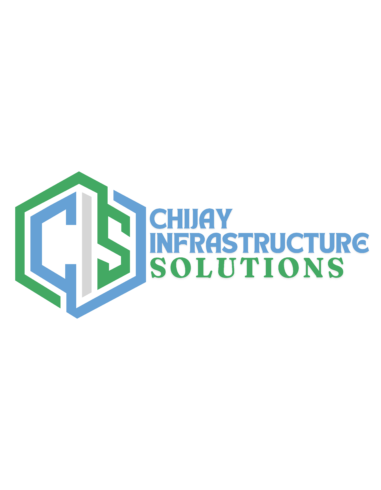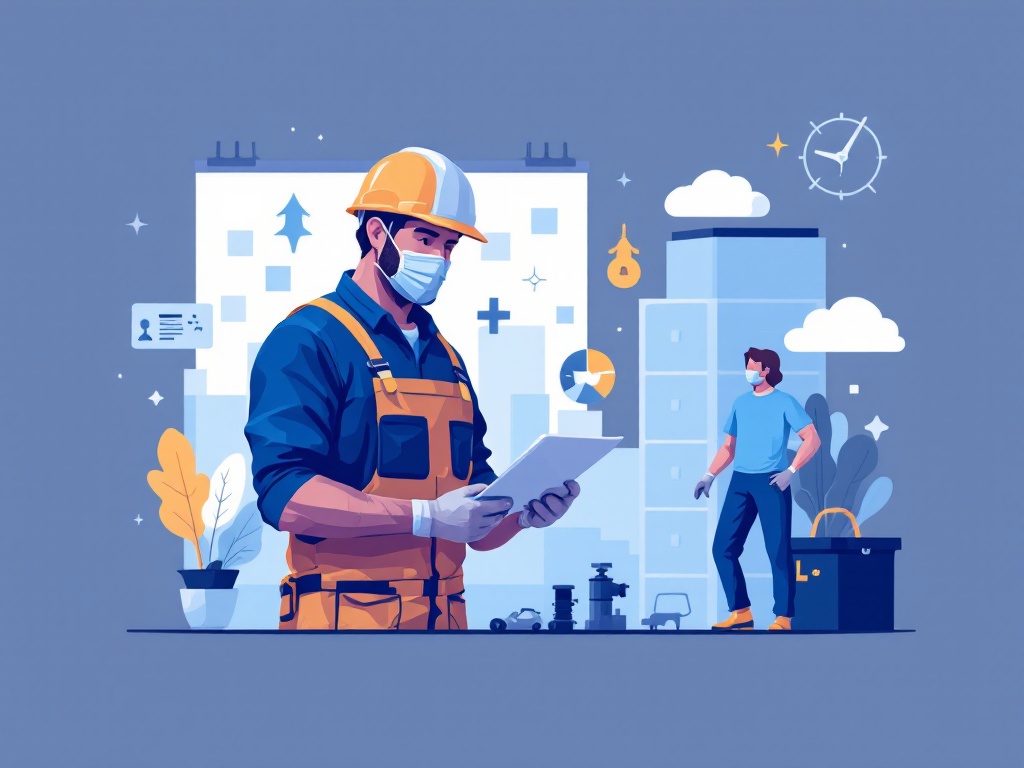As we navigate through 2024, the industrial sector is witnessing a significant shift towards prioritizing cultural safety in diverse workforces. At ChiJay Infrastructure Solutions, we understand that creating a culturally safe environment is not just a moral imperative but also a key driver of productivity, innovation, and employee satisfaction. Let’s explore the latest trends and best practices in cultural safety for diverse industrial workforces.
1. Mental Health Inclusivity
The focus on mental health has never been more pronounced. In 2024, companies are recognizing that cultural safety extends to psychological well-being. Best practices include:
– Implementing comprehensive mental health support programs
– Training managers to recognize and address mental health concerns
– Creating safe spaces for employees to discuss mental health without stigma
2. Global DEI Strategies
As workforces become increasingly global, Diversity, Equity, and Inclusion (DEI) strategies are evolving. Trends include:
– Developing culturally sensitive policies that account for global perspectives
– Implementing cross-cultural training programs
– Ensuring representation from diverse backgrounds in leadership positions
3. Inclusive Communication Practices
Effective communication is at the heart of cultural safety. Best practices for 2024 include:
– Adopting inclusive language in all company communications
– Providing translation services for multilingual workforces
– Encouraging open dialogue about cultural differences and experiences
4. Leveraging Technology for Inclusivity
Artificial Intelligence (AI) and other technologies are being harnessed to promote cultural safety:
– AI-powered tools for unbiased recruitment and promotion processes
– Virtual Reality (VR) for immersive cultural sensitivity training
– Data analytics to identify and address cultural safety gaps in the organization
5. Cultural Awareness Training
In 2024, cultural awareness training is becoming more sophisticated and tailored:
– Developing industry-specific cultural safety modules
– Incorporating real-world scenarios and case studies from the industrial sector
– Regular refresher courses to keep cultural safety at the forefront
6. Flexible Work Arrangements
Recognizing diverse needs and cultural practices, companies are offering:
– Flexible holiday policies to accommodate different cultural and religious observances
– Remote work options to support work-life balance across cultures
– Customizable work schedules to respect different cultural norms
7. Emphasis on Psychological Safety
Creating an environment where employees feel safe to express themselves is crucial:
– Encouraging employees to speak up about safety concerns without fear of retribution
– Valuing diverse perspectives in decision-making processes
– Implementing anonymous feedback systems to address cultural safety issues
8. Integration of Safety and Culture
In the industrial sector, physical safety and cultural safety are increasingly seen as interconnected:
– Developing safety protocols that consider cultural differences
– Ensuring safety instructions and signage are available in multiple languages
– Incorporating cultural considerations into risk assessment processes
9. Measuring and Accountability
Companies are adopting more robust methods to measure cultural safety:
– Implementing regular cultural safety audits
– Including cultural safety metrics in performance evaluations
– Establishing clear accountability for cultural safety at all levels of the organization
10. Supplier Diversity Initiatives
Extending cultural safety beyond the immediate workforce:
– Prioritizing partnerships with diverse suppliers
– Implementing supplier mentorship programs to support minority-owned businesses
– Ensuring cultural safety practices extend throughout the supply chain
Conclusion
As we progress through 2024, it’s clear that cultural safety is not just a trend but a fundamental aspect of successful industrial operations. At ChiJay Infrastructure Solutions, we’re committed to fostering a culturally safe environment that respects and celebrates the diversity of our workforce. By implementing these best practices and staying attuned to emerging trends, we can create workplaces where every employee feels valued, respected, and empowered to contribute their best.
Remember, cultural safety is an ongoing journey, not a destination. It requires continuous learning, adaptation, and commitment from every level of the organization. By prioritizing cultural safety, we not only enhance the well-being of our diverse workforce but also drive innovation, productivity, and success in the ever-evolving industrial landscape.
Are you ready to enhance cultural safety in your industrial workforce? Contact ChiJay Infrastructure Solutions today to learn how we can help you implement these cutting-edge practices and create a more inclusive, productive, and safe work environment.

